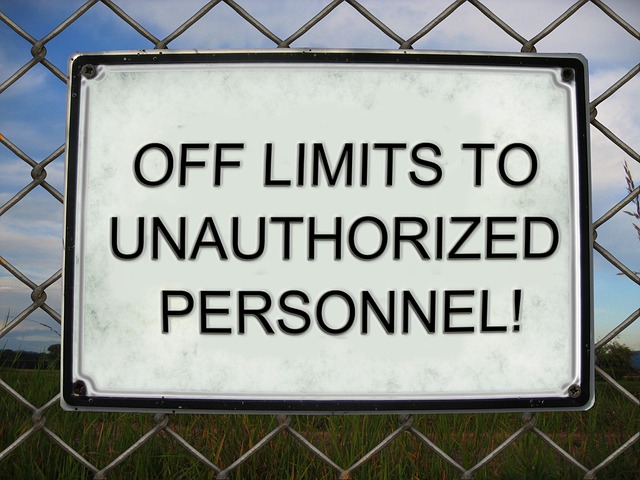Self-exclusion is a vital tool for Responsible Gambling, empowering individuals to control their gaming habits and protect financial well-being. By temporarily or permanently banning themselves from gambling, players foster a healthier relationship with entertainment in today's digitally abundant landscape. Responsible Gambling strategies, including education, self-exclusion programs, and deposit limits, prevent harm, promote balanced play, and create a more conscious gaming culture. Open discussions within communities and professional help reinforce these measures' success in encouraging healthier gambling behaviors.
Self-exclusion is a powerful tool in the realm of responsible gambling, allowing individuals to take control of their wagering habits. This strategy involves actively opting out of casino or gaming activities, serving as a personal gamble against compulsion. Understanding self-exclusion is paramount in promoting responsible gambling practices. By implementing effective strategies and managing this process, individuals can reclaim their lives, free from the hustle and bustle of excessive gambling. This article explores these facets, emphasizing responsible gambling as a vital game changer.
- Understanding Self-Exclusion: A Personal Gamble
- Implementing Strategies for Responsible Gambling
- The Impact and Effective Management of Self-Exclusion
Understanding Self-Exclusion: A Personal Gamble

Self-exclusion is a powerful tool within the realm of responsible gambling, reflecting an individual’s commitment to controlling their relationship with gaming. It’s a personal gamble where one takes the decision to temporarily or permanently ban themselves from participating in activities that involve wagering money, such as casinos, sports betting platforms, or online gaming sites. This choice is driven by the recognition of a potential issue or the desire to prevent one, underscoring a proactive approach towards managing gambling habits.
By implementing self-exclusion, individuals are taking charge of their financial well-being and mental health, acknowledging that continued engagement with gambling activities could lead to detrimental consequences. It’s a strategic move to navigate the intricate landscape of responsible gambling, where balance is key. In today’s digital era, where gaming opportunities are abundant and accessible, self-exclusion serves as a vital tool to foster a healthier relationship with entertainment and financial security.
Implementing Strategies for Responsible Gambling

Implementing strategies for responsible gambling is a proactive step towards creating a healthier and more sustainable gaming environment. These measures aim to prevent harm and promote balanced play, ensuring that individuals maintain control over their participation in various forms of gambling. One key strategy is providing clear education and awareness campaigns about the potential risks associated with excessive gambling. By offering accessible information, individuals can make informed decisions and set personal limits.
Additionally, the introduction of self-exclusion programs allows players to voluntarily opt-out of gaming activities for a specified period or indefinitely. This empowers individuals to take control of their habits and avoid triggers that may lead to problematic gambling. Many institutions also employ deposit limits, allowing patrons to restrict their spending and receive reminders or alerts when certain thresholds are reached. These responsible gambling tools, when effectively utilized, can foster a more conscious gaming culture.
The Impact and Effective Management of Self-Exclusion

Self-exclusion, a proactive measure taken by individuals to steer clear of gambling activities, plays a pivotal role in promoting responsible gambling. When implemented effectively, it acts as a powerful tool to prevent excessive or problematic gambling behaviors. By voluntarily opting out of casino access or limiting online betting options, individuals can regain control over their habits and finances. This decision is particularly significant for those who have experienced financial strain, loss of control, or other negative consequences due to their gambling practices.
Managing self-exclusion successfully involves a combination of personal discipline and support systems. Many casinos and gaming platforms offer dedicated tools and resources to facilitate this process. These may include setting deposit limits, time restrictions on gameplay, or even permanent account closures. Encouraging open dialogue about gambling habits within communities and families can also foster an environment conducive to responsible self-exclusion. Additionally, seeking professional help from counselors or support groups specializing in addiction recovery further strengthens the effectiveness of these measures in promoting healthier gambling behaviors.
Self-exclusion is a powerful tool within the realm of responsible gambling, enabling individuals to take control of their gaming habits. By understanding the allure and potential pitfalls of self-exclusion, as discussed in this article, gamblers can make informed decisions. Implementing effective strategies promotes healthier relationships with gaming, ensuring that it remains a source of entertainment rather than a source of harm. The impact of managed self-exclusion serves as a testament to its effectiveness in fostering responsible gambling practices, ultimately enhancing well-being and financial stability for all involved.






